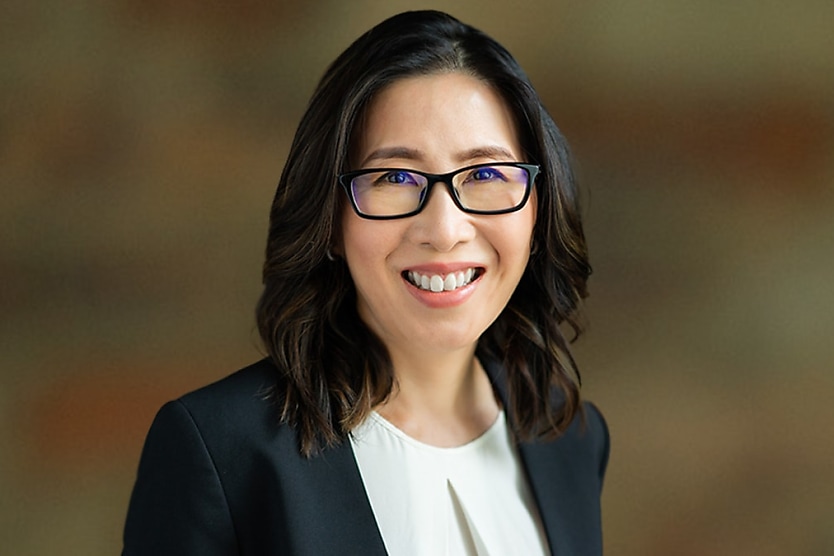Cultural diversity a missed opportunity in Australian businesses
SHARE THIS ARTICLE

Australian organisations could be missing out on the benefits that come with having a culturally diverse workforce.
Karen Loon, non-executive director and author, joined The HR Leader podcast recently where she shared her learnings from working in an overseas market.
“One of the things I think that is really amazing about working overseas is you learn there are many different ways to do things. I think that is a great thing because having that diversity of ideas and thoughts is really useful when it comes to trying to solve problems, do different things [and] learn how to work with different people,” Ms Loon said.
“As much as I love Australia, there are things that we could do better and a lot of it could be around how we develop people with different skills and backgrounds, particularly for people with Asian-Australian backgrounds, which is what I am.
“I think there's a lot of skills that we're not necessarily leveraging from those people who are all very keen to come and live in Australia but may not get those opportunities that they want.”
Ms Loon, who was a 25-year-old chartered accountant when she went abroad to work, said the experience opened her eyes on how employees conduct themselves in different jurisdictions.
“A lot of [what I learnt] is how to deal with different groups of people and [that] there are very many different styles of working,” she said.
“Most people would know that in Asia, it is generally more hierarchical. There is a lot more respect. How we collaborate is very different. Meetings probably tend to be a little bit more transactional, particularly in Singapore. We are very work-focused, but the way we relax is over lunch, over dinner, and that’s where you really get to know people.
“[In comparison], in conversations here in Australia, we spend a certain amount of time at work. We will probably spend 10 minutes getting to know each other. We'll then spend a bit more time doing what we need to. We'll spend another 10 minutes chatting at the end of the meeting and go home, but we'll be having those very quick sandwich lunches.
“There's no right or wrong way to do it. I think [it’s just about] recognising that there are different ways to do things, which I think is good.”
Similarly, there are learnings to be taken from how employees negotiate within different cultures, according to Ms Loon.
“Sometimes we are a little bit direct in Australia … It might be better to have a lot more smaller discussions, which I think is what we do in Asia, a bit more. But I think it really depends on the circumstance and how to get that trust with people in different ways,” she said.
To ensure organisations are encouraging cultural diversity, Ms Loon said it’s important for leaders to look beyond the status quo and what may have been “always done”.
“Companies have, I guess, informal rules in place [when it comes to culture], or some people would say ‘This is the way we do things around here’. Sometimes those unwritten rules, the unspoken rules or these types of activities can actually make it really challenging for people who are different,” she explained.
“So recognising that, trying to assist [and encourage] feedback on the culture [is key]. There are ways to do culture audits and that sort of thing can be a way [to] perhaps try to understand if there are these, I guess, informal barriers that can actually inhibit change.”
The transcript of this podcast episode, when quoted above, was slightly edited for publishing purposes. The full audio conversation recorded end of October 2022 with Karen Loon is below, and the original podcast article with references can be found here.
